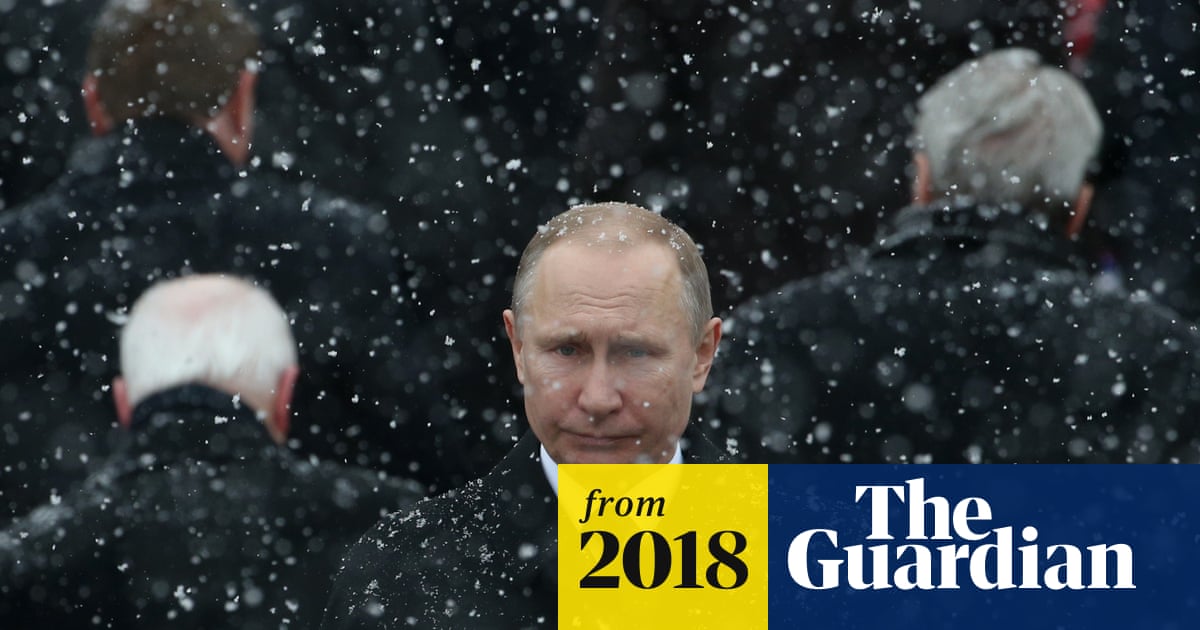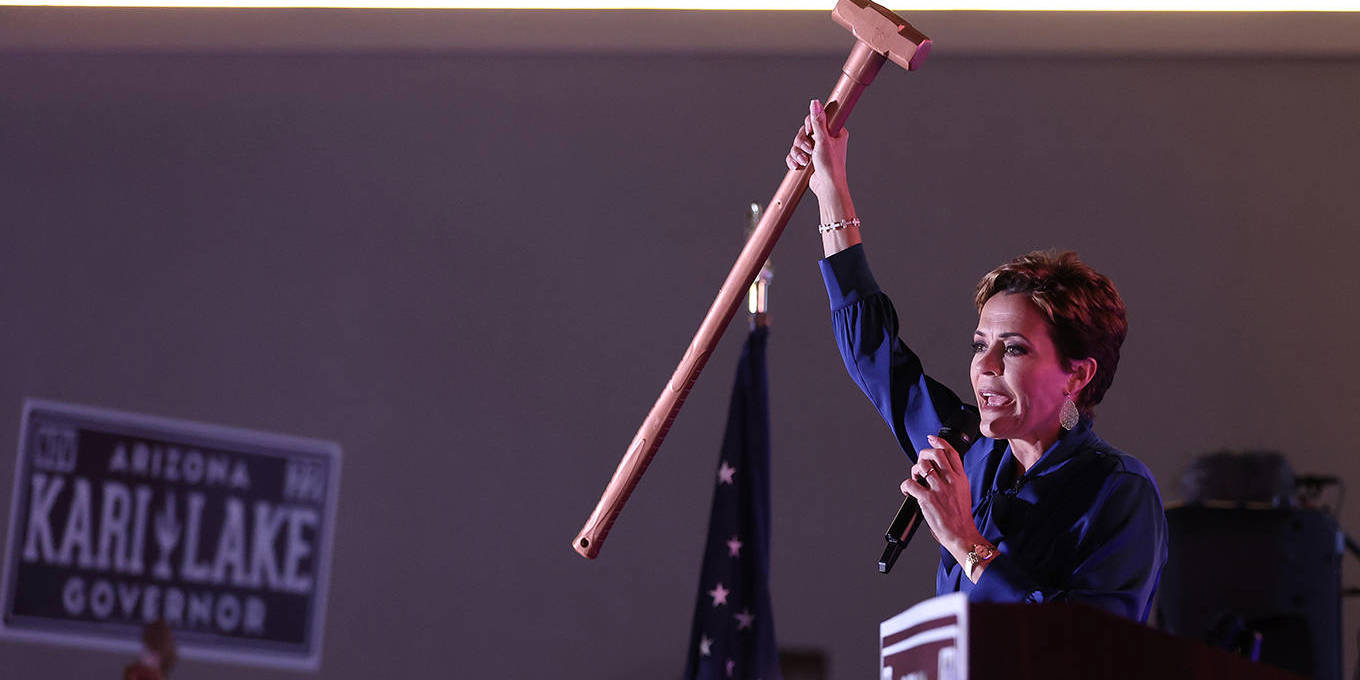This is a
very interesting article that may help to answer the questions that you have posed.
Sometimes you change the subject, and sometimes the subject changes you

snyder.substack.com
Snyder is a Yale historian and familiar with Eastern Europe and its history. Without double-checking, I think he is fluent in Polish, Ukranian and Russian.
Along with Peter Pomerantsev, his is one of my 'go to' Twitter presences that I check in with when I want to do a deeper dive on the conflict. I really do recommend checking him out.
A few years back, I read Snyder's book
The Road to Unfreedom because I was interested in finding out more about the extent to which the St Petersburg troll farms were interfering in elections and referendums, especially in relation to Trump's ascent to the Presidency. Although I came way thinking that the influence was not as decisive as Snyder thinks, I was still left with the impression that it definitely made a difference.
His distinction between what he calls 'the politics of inevitability' and 'the politics of eternity' is also very much worth knowing about. It gets explained here in an older article on Putin:
The long read: Since consolidating his power in rigged elections at the start of the decade, the Russian leader has pioneered a politics of fictional threats and invented enemies

www.theguardian.com
But all that's another story.
From what I can tell, the political left is somewhat divided about this war.
On the one hand, you have commentators like Snyder, Pomerantsev and Slavoj Zizek who are right behind Ukraine.
And on the other, you have John Pilger (presumably as he got mentioned upthread recently) and Noam Chomsky.
I do like something that Zizek wrote a while back about that:
'Unfortunately, the Western leftists and pacifists have chosen simply to ignore the geopolitical dimension of Putin’s “denazification” project. As Jeremy Corbyn, the former British Labour Party leader, recently complained, “Pouring arms in [to Ukraine] isn’t going to bring about a solution, it’s only going to prolong and exaggerate this war. We might be in for years and years of a war in Ukraine.”
Implicit in this position is that Western governments should simply let Russia occupy Ukraine. Yet it is an odd “pacifism” that applies pressure on the victim (which must not defend itself too vigorously) and its supporters (which must not help the aggressor’s target too much), rather than on the attacker.
Western “pacifists” insist that we “de-demonize” Putin. There will have to be some kind of negotiation sooner or later, so we should treat him as a future partner. In fact, we should do the exact opposite: the attack on Ukraine compels us to re-demonize Putin, not personally but as an exponent of a dangerous geopolitical and ideological project.'
Full article here:
Slavoj Žižek shows how the movement is widening its appeal by openly appealing to adherents' worst impulses.

www.project-syndicate.org





